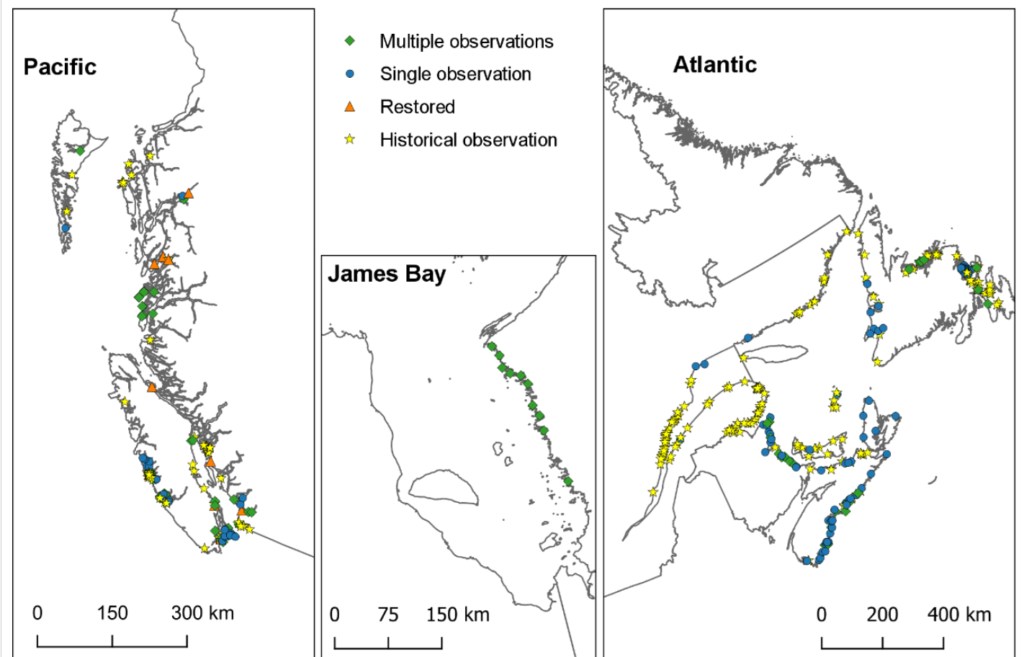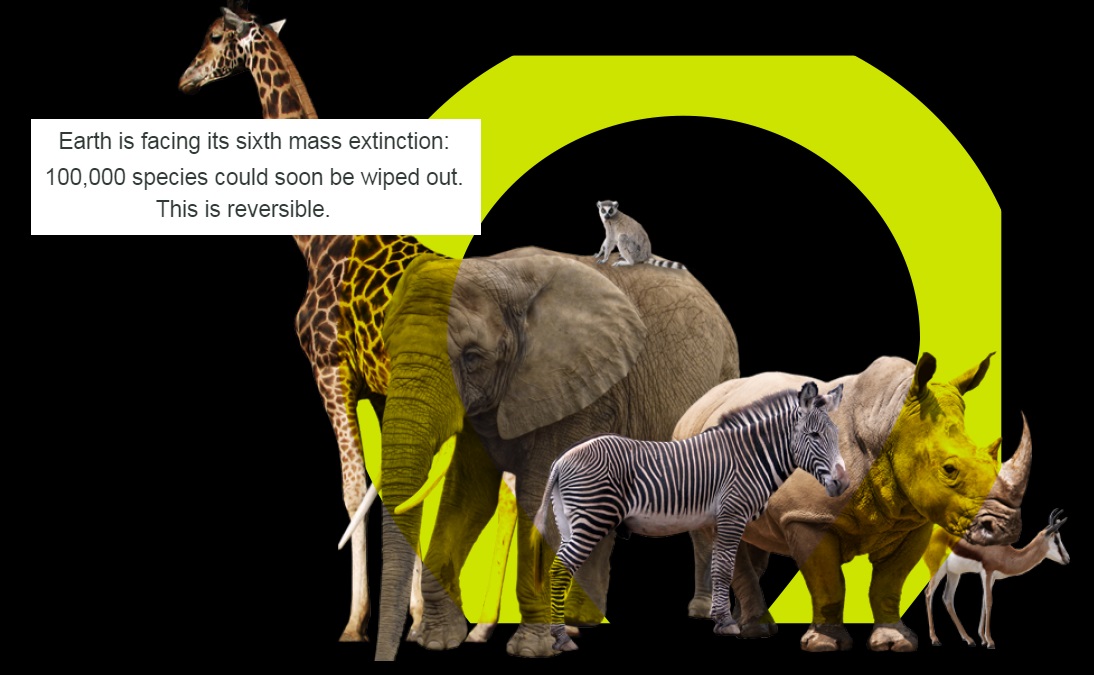Pharmacists In Indonesia A Cut Above
The Indonesian Pharmacist Association or more popularly abbreviated as Pafi is a forum for pharmacists in Indonesia to participate in improving the level of public welfare, especially in the fields of Public Health and Pharmacy, in addition to their daily duties.
One of the active branches that continues to strive to improve the quality of pharmaceutical services is Pafi Muara Bungo. For more complete information, check the website .
To facilitate providing the best service to the community, Pafi Muara Bungo continues to develop various initiatives and programs, including providing online registration for pharmacist members in the district.

The PAFI organization is a Professional Organization that is Work and Service-oriented.
In this case, it has 4 goals, such as:
Realizing a Just and Prosperous Society based on Pancasila and the 1945 Constitution quoted from the central PAFI, in fact, Indonesian Pharmacists have existed since the Proclamation of Independence of the Unitary State of the Republic of Indonesia on August 17, 1945, have fought side by side with all groups of society, to eliminate colonialism from the face of the earth of Indonesia, and have actively participated in defending the Unitary State of the Republic of Indonesia and then participated in Community and State Development.
Therefore, Indonesian Pharmacists are one of the development potentials that have never been absent in the struggle for state development until today, continuing to optimize services to the Indonesian people.
Realizing Optimal Health for the Indonesian People
The second goal of PAFI is to realize optimal health for the Indonesian people. In this case, PAFI Muara Bungo is actively disseminating information about health and the importance of proper drug use. Such as, recommendations to increase awareness before consuming these drugs, consulting with doctors and pharmacists before using drugs, and providing education related to disease prevention.
Developing and improving Indonesian Pharmaceutical Development
Developing and improving development in the world of automatic pharmacy can also increase efficiency and accuracy in providing services to the wider community.
Both the central Pafi and Pafi Muara Bungo in particular have developed an integrated pharmaceutical information system. It is expected to be able to provide faster and more accurate information online. So that health information is easily accessible to various levels of society.
Improving Member Welfare
One of the main goals of Pafi Muara Bungo is to improve the competence and welfare of its members. Various training and seminar information for Muara Bungo pharmacy experts is updated on the website.
It is hoped that with the increasing competence possessed, the welfare of Pafi members will also increase. Good news for pharmacists can join the training, the first step, register first to become a member of Pafi Muara Bungo.
Training and seminars on pharmacy management, the use of technology in pharmacy services, and the development of soft skills such as communication and auto services can be followed. In addition, there is a lot of job vacancy information for fresh graduates and pharmacists for better jobs. For the Silo, Anna Melnikova.








